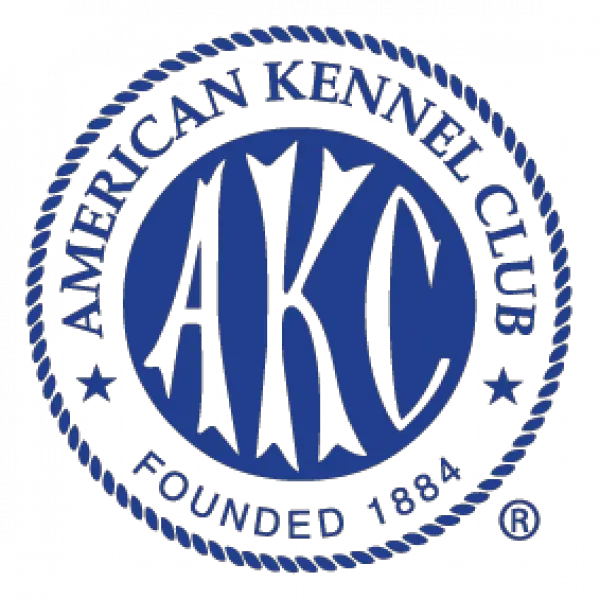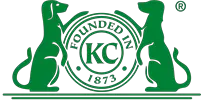Harrier History
The Harrier is a medium-to-large-sized, short-legged, long-bodied, bird of prey native to Africa. It is believed to have evolved in the Pleistocene era, and is classified in the genus Circus. The species name vulpinus means “fox-like”, referring to its pointed, fox-like face.
Harrier Physical Characteristics
The Harrier is a medium-sized, short-haired breed of hunting dog that originated in the UK. They have a long, athletic body and are sturdy, compact, and muscular. They have long legs, a long tail, and erect ears. Their coats are rough, wiry, and can be red, brindle, or a mixture of the two. Their nose and lips are black, their eyes are dark brown, and their tail is carried low. They are alert and agile, and they are capable of running for long periods of time.
Eye Colors
Hazel, Brown, Amber
Nose Colors
Unknown
Coat Colors
Unknown
Height Range
Male Height Range: 20 – 24 inches
Female Height Range: 20 – 24 inches
Weight Range
Male Weight Range: 45 – 60 lbs
Female Weight Range: 45 – 60 lbs
Harrier Health
Description of breed health.
Lifespan
10-12 yrs
Harrier Health Concerns
Hip Dysplasia, Eye Disease
Harrier Temperament and Behaviour
The Harrier is an energetic and active hunting dog that is very courageous and brave. They are playful and fun-loving, but are also very focused and attentive. They are not recommended for inexperienced dog owners, and require a lot of physical and mental stimulation. They are very loyal to their owners and are great with kids when properly trained.
Harrier Activity Requirements
Harriers were once used as hunting dogs and are still commonly used as bird dogs today. They are fast, smart, and athletic, which makes them a great dog for an active owner. Because of their athleticism, Harriers do best in a home with a fenced yard where they can run in a safe environment. They need regular exercise to stay healthy and happy. If you are looking for a hiking or running partner, a Harrier may be the perfect dog for you. If you are looking for a more laid-back companion, a Harrier may not be the best fit. They can be quite high-energy, so they are not a good choice for a sedentary owner.
Miles Per Day
Unknown
Activity Per Day
Unknown
Daily Food
2.5 cups
Kennel Club Recognition

American Kennel Club
Recognized by the American Kennel Club
Harrier is part of the Hound group.
Visit the American Kennel Club website.

The Kennel Club
Recognized by The Kennel Club
Harrier is part of the Hound group.
Visit the Kennel Club website.

Australian National Kennel Council
Recognized by the Australian National Kennel Council
Harrier is part of the Hound group.
Visit the Australian National Kennel Council website.

Canadian Kennel Club
Recognized by the Canadian Kennel Club
Harrier is part of the Hound group.
Visit the Canadian Kennel Club website.